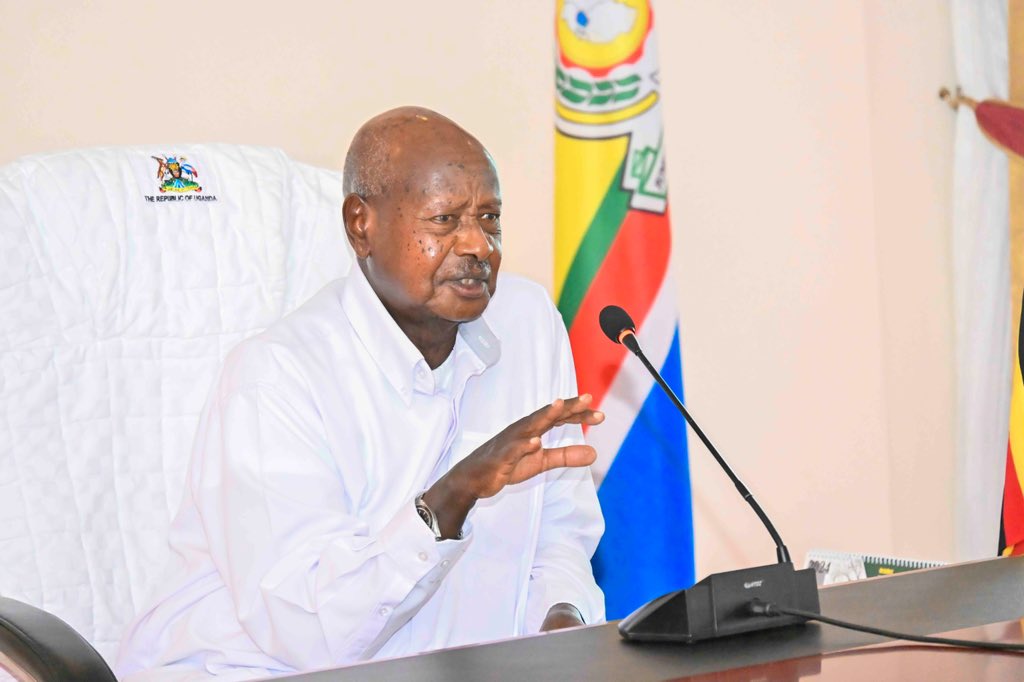
Ugandan President Yoweri Museveni has told off a Ugandan
Professor Mwambutsya Ndebesa for saying that Uganda was created by the
British.
According to Museveni, Ndebesa made the remarks while
discussing African history during Uganda’s 62 Independence Day.
He said that precolonial Uganda had an existing
political control structure, among its ethnicities.
Museveni insisted that all the colonialists' division
of these areas and claiming to have founded Uganda ignores historical facts
about the East African country.
“After watching a commentary on Uganda's 62nd
Independence Day, I invited Prof Ndebesa and others from Makerere's History
department to discuss African history. He stated, 'there was no Uganda until
the British created it' which sparked a debate. Examining our diverse
peoples—the Bantu, Nilotics, the Nilo-Hamitic, and so on suggests that Uganda's
political control existed before British rule," Museveni said.
“Evidence from oral history, archaeology (like the
Bigo bya Mugenyi site), and cultural links indicate organised governance
efforts by groups like the Abatembuuzi and Bachwezi. While the British divided
these entities, attributing Uganda's existence solely to them ignores
historical complexities,” Museveni said on X.
He further noted that such inconsistencies show the
need for a revised approach to Uganda’s history and modern education.
He spoke after a meeting with retired professors and
serving ones where they exchanged ideas on how Ugandan history and modern education can be incorporated and improved for a better Uganda.
“This discourse highlights the need for a revised
approach to our post-colonial education and historical narratives. I thank the
professors, many of whom are now retired, for their service to the country,
their insights, and their wonderful ideas about nationalism through academia.”
Museveni met the professors at State House Uganda
on Wednesday.
The Ugandan President remains a big critic of western nations especially those trying to have their cultures adopted by African countries.
His messages have lately been pegged on African countries
not relying on donor funding for sustainability.















